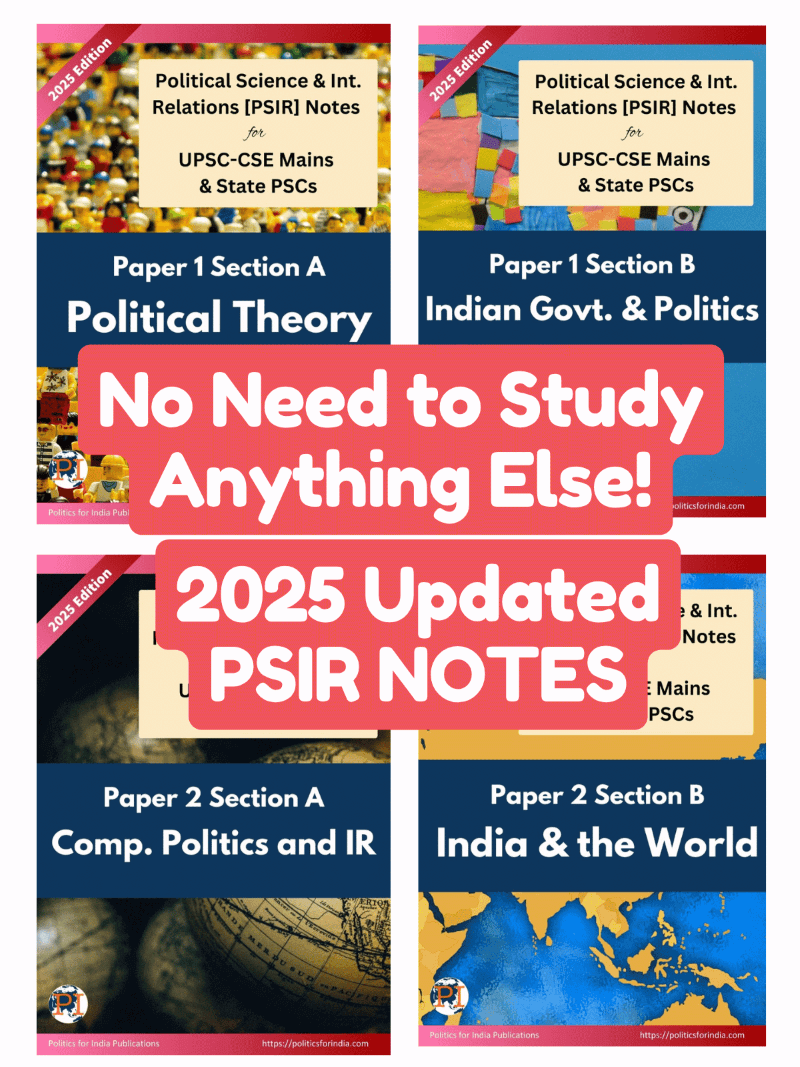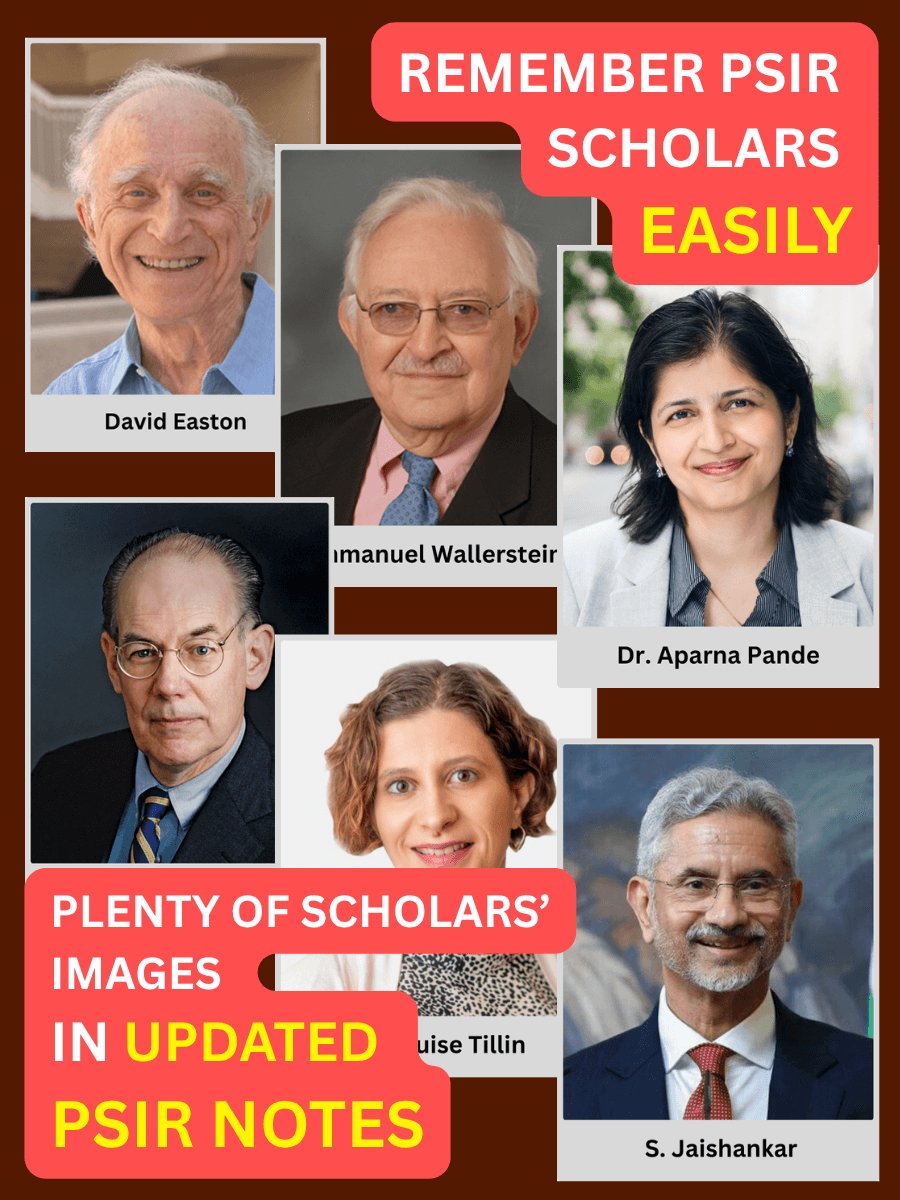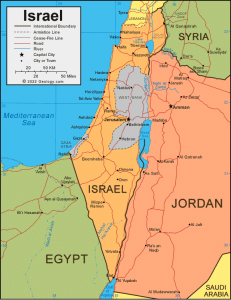The Election Commission of India (ECI) is an autonomous constitutional authority responsible for administering election processes in India at both the national and state levels. Established in 1950, the commission is tasked to ensure free and fair elections to the Lok Sabha, Rajya Sabha, and State Legislative Assemblies.
The ECI is composed of a Chief Election Commissioner and two Election Commissioners. An election commissioner is appointed by the President of India on the recommendation of a three-member selection committee headed by the Prime Minister of India and consisting of the leader of the opposition and a Union Cabinet Minister. The term of a CEC can be a maximum of six years or till he/she attains sixty-five years of age. The Chief Election Commissioner is usually a member of the Indian Civil Service.
Its key functions include preparing and updating electoral rolls, overseeing the nomination of candidates, monitoring campaign activities, and supervising the counting of votes and declaration of results. The ECI plays a crucial role in maintaining the integrity and transparency of the electoral process in India.
The various issues associated with the election commission of India, can be discussed as follows:
1. Election Expenditure
According to recent revision of election expenditure, the election commission has prescribed the expenditure of ₹95 lakh for Lok Sabha constituency ₹40 lakh for Assembly constituency. Considering the additional expenditure by political parties and the undisclosed expenditures, the cost of election expenditure goes in thousands of crores. Making it the most expensive election in the world.
The hugely expensive nature of Indian elections negatively affects the dynamism of Indian democracy raising the entry level barrier for new political entrants to contest and win elections.
The risk of elite capture/corporate capture of the electoral process and the policies of the ruling governments becomes much more likely if there are no limits on corporate funding of political parties.
2. Anonymity in Funding
Another major issue is the anonymity in the funding of political parties. Over the past decade more than 70% of the funds raised by political parties have been from anonymous sources as pointed out by the ADR (Association of Democratic Reforms). Anonymity negatively affects the functioning of democracy as the electorate’s right to information about the funding of political parties and their candidates gets compromised.
The removal of restrictions on foreign funding of Indian political parties could pose a serious threat to the economic sovereignty of state policy which is likely to come under increasing influence of foreign companies/sources in the future.
3. Electoral Bonds
The electoral bonds were the anonymous bearer bonds which could be used by a donour to make contributions to a political party and yet retain the confidentiality of the transaction without revealing the identity of the donor. Given, that such bonds can be issued only by selected banks, it will reduce the role of cash in funding of political parties.
The electoral bonds were conceived to:
- Decrease the influence of anonymous cash donations and thereby limit the influence of black money in the electoral process.
- To protect donors from potential harassment from political parties if they are found favoring or supporting one party over the other.
- To improve transparency of the electoral process.
There were concerns about the bond system being completely outside the purview of the RTI act & IT act. Finally in February 2024, on eve of 2024 elections, the Supreme Court struck down electoral bonds as an unconstitutional scheme. The court also asked the State Bank of India (issuer of these bonds) to hand over the identities and other details of donors and recipients to the Election Commission of India, which was in turn asked to publish it on its website.
4. Donations by Corporates
Earlier the Companies Act 2013 had a provision that restricted corporate donations to a cap of 7.5% of the donor companies’ average net profits in the three preceding financial years. Through the Finance Act, 2017, government deleted this provision, allowing corporate companies to donate any amount of their choice, exceeding 7.5% of their profits.
Recently, the Supreme Court’s February 15 2024, verdict on electoral bonds (EBs) declared unlimited corporate contributions to political parties as “violative of Article 14 of the Indian constitution”, and restored the earlier cap of 7 .5%.
5. Criminalization of Politics
The role of money and muscle power in Indian elections is well known. According to latest election results, 46% of newly elected MPs (2024) have pending criminal cases against them. Thus, law breakers are becoming law makers. This weakens the political will to fight corruption and leads to politicization of crime. This also lowers the morale of bureaucracy & hamper day-to-day governance.
Measures
- Association of Democratic Reforms (ADR) filed a PIL in 1999 that led to the 2003 Supreme Court judgement. The court mandated declaring criminal background, educational background, asset/liability of candidates and of family members, and sources of income of candidates.
- Under Section 8(3) under RPI act, any individual if convicted for a crime with punishment of 2 years or more, he would be disqualified for 6 years.
- Apart from above changes, there needs to be a provision of fast-track courts for cases against legislatures. Currently, around 250 of the total elected MPs criminal cases against them.
- In 2017, a PIL was filed to make fast track courts which will handle all serious cases against sitting MLA’s and MPs. Such initiatives must be put in place so that judicial delays do not hamper the aim of tackling criminalization of politics.
6. Paid News / Fake News.
Press council of India has defined that any news coverage by media organizations (print media) during the electoral period which has been paid for in cash or kind by vested groups is termed as paid news.
Paid news is not an electoral malpractice under RPI act. However, EC and Law Commission have declared that it must be declared as electoral offence. Any such candidate trying to publish paid news must be punished for a term of two years.
Paid news represents a malpractice which tries to unduly manipulate voter behaviour and thus negatively affects the integrity of the electoral process. Both Press Council of India (PCI) and Election Commission of India (ECI) have highlighted the need to curb this menace. Moreover, more than two hundred instances of paid news have been flagged in the past decade by election commission.
Currently the ECI in collaboration with PCI appoints District Media Observers (DMO) to flag instances of paid news. Moreover, news media organizations during the election period are expected to carry a clear declaration that none of the content has been paid for.
Both the ECI and Law Commission reports have argued for the need to declare it as an electoral malpractice under section 8 of RPI Act 1951 with a jail term of 2 years and the need to strictly enforce this law.
Fake news often widely circulated through social media often involves a deliberate misreporting of facts and there is a need to urgently tackle this issue as well. The ECI is appointing Social Media Observers (SMO) in collaboration with social media companies for keeping a watch and launch prompt actions to prevent such news items from having a wide reach.
7. Opinion Poll | Exit Poll
Opinion polls are pre-election surveys and exit polls are post-election surveys which aim to elicit the views of the electorate during or after the election period. In 1997 and eventually in 2004 the ECI after consultation with all political parties imposed a ban on post-election surveys as many of these were accused of being biased and done with the intention of favoring or dis-favoring certain political groups.
However, in 2004 as the ECI sought to expand the coverage of the ban to include opinion polls as well, a PIL (Public Interest Litigation) was filed in Supreme Court (SC) by media organizations including The Hindu who argued that such a blanket ban violates the freedom of press protected under Art 19.
Currently the election commission of India, in collaboration with the press council has issued advisory that all media houses while publishing results of opinion polls must also publish a note on methodology which gives details about the number of respondents, the questionnaire administered, the demographic composition and the representativeness of the sample surveyed. This would allow the reader to make an informed opinion about the relevance and trustworthiness of such surveys.
Many European countries (16) impose restrictions on publication of opinion polls in the immediate pre-election period ranging from a period of 2 days to a month before elections. In case such restrictions are to be imposed in India, a consensus with all stakeholders including the press must be arrived at first.
8. EVM and VVPAT
The introduction of Electronic Voting Machines and VVPAT have been gamechanger in Indian elections. It has reduced the frauds like booth capture, rigging, ballot stuffing etc.
The EVMs are quick, there is absence of any communication device i.e. these machines cannot be connected to cannot be connected to any network like Bluetooth, RFs, WIFI, Internet etc. And the chips used in these are one time programmable. In these machines, the names of candidates are arranged in alphabetical manner and not on party basis.
Thus, the proposal to return to ballot paper would be regressive. While the constructive criticism is welcome, an uninformed criticism, will reduce faith of people in electoral process. Measure should be in place to maintain the sanctity of Indian elections.
9. Legalization of MCC
Model Code of Conduct (MCC) was introduced in 1967 after consensus among all political parties to provide level playing field to all political parties. Absence of this gives advantage to ruling party.
- MCC kicks in as soon as dates for elections are announced.
- No new schemes can be announced during this period
- No transfers / new appointments can be done.
- Any transfer required will be done by ECI if it feels that it will hamper election.
- No hate speech during MCC period.
- No personal attacks on other leaders.
MCC does not have legal sanctions, but ECI has power to de-register political parties. But it never happens in court since ECI’s such power does not have legal backing. MCC must be given legal backing.
There is another view that violation of MCC and its execution by ECI will influence voter behavior. And it will act as deterrent for political parties. Since ECI enjoys confidence among masses. i.e. Its sanction is moral. Making it legal will results in litigation which will end in delays.
There is also argument to give contempt powers to ECI. But even judiciary use it sparingly and giving it to another organ is will be like turning the clock backward.
10. Dual Constituency
Sometimes the candidates contest election from two constituencies. Such a practice negates voice of electorate. They are not sure if leader will continue. This also leads to un-necessary extra expenditure for ECI.













Fantastic site Lots of helpful information here I am sending it to some friends ans additionally sharing in delicious And of course thanks for your effort